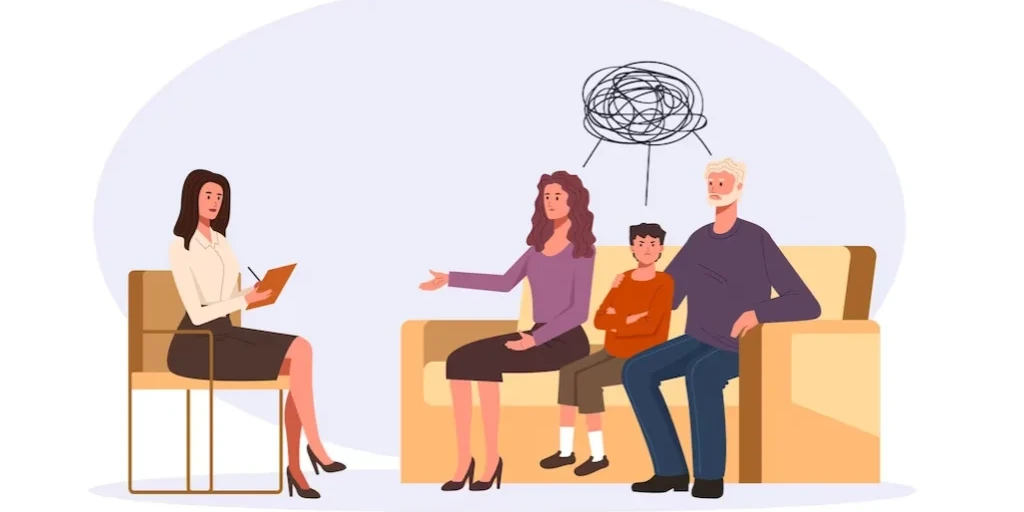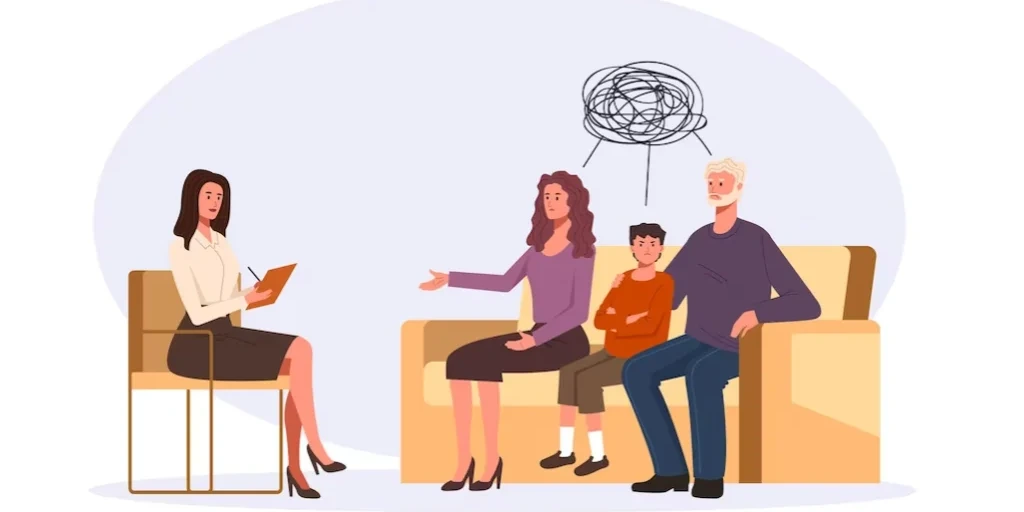24/7 Helpline:
(866) 899-221924/7 Helpline:
(866) 899-2219
Learn more about Codeine Detox centers in Media
Codeine Detox in Other Cities

Other Insurance Options

Health Partners

Evernorth

AllWell

Molina Healthcare

Humana

Anthem

Multiplan

Access to Recovery (ATR) Voucher

Group Health Incorporated

Health Choice

Excellus

Sliding scale payment assistance

BHS | Behavioral Health Systems

PHCS Network

Sutter

Covered California

Aetna

CareFirst

Absolute Total Care

Regence

Focus Psychological Associates
Focus Psychological Associates offers outpatient treatment for individuals with alcohol and/or subst...

Family and Community Services
Family and Community Services is a private rehab located in Media, Pennsylvania. Family and Communit...

Providence Treatment
Providence Treatment offers outpatient and inpatient treatment for individuals with alcohol and/or s...
























County Seat Behavioral Health
County Seat Behavioral Health is a private rehab located in Media, PA. County Seat Behavioral Health...

Rehab After Work
Rehab After Work is a licensed intensive outpatient drug and alcohol treatment program which has bee...

Chimes – Holcomb Behavioral Health Systems
Chimes - Holcomb Behavioral Health Systems provides services for children and adults who may be deal...








